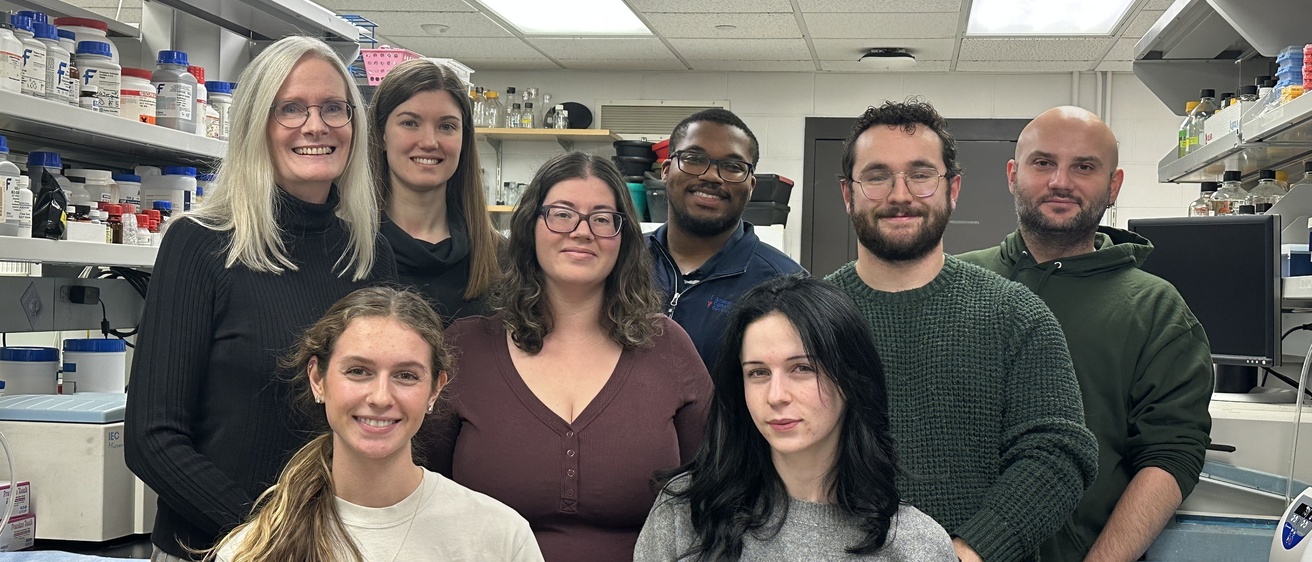The Quelle Lab Mission
The Quelle research program investigates druggable mechanisms driving cancer with an emphasis on cell cycle and mitogenic signaling pathways (e.g., CDKs, RB1, ARF, p53, AKT, etc). Our funded efforts currently explore the pathogenesis of two very different cancers – slowly growing neuroendocrine tumors (NETs) and aggressive malignant peripheral nerve sheath tumors (MPNSTs). NET patients generally live a long time following diagnosis due to the indolent nature of the disease, but more effective therapies are desperately needed once tumors become resistant to current treatments. By comparison, MPNSTs are deadly sarcomas in both children and adults, and sadly, there are no effective therapies for these patients.
In our studies, we employ various model systems including cultured cells (normal and tumor-derived), mouse and pig cancer models, and human tumor specimens. Our research is interdisciplinary and collaborative, routinely involving interactions with other basic scientists and clinical colleagues as well as biostatisticians. Our goal is to perform meaningful and innovative translational oncology that will improve therapies for cancer patients.
Recent Publications
- Lingo JJ, Voigt E, Quelle DE. Linking FOXM1 and PD-L1 to CDK4/6-MEK targeted therapy resistance in malignant peripheral nerve sheath tumors. Oncotarget. 2024 Sep 30;15:638-643. doi: 10.18632/oncotarget.28650. PMID: 39347707
- Int J Mol Sci. 2023 Sep 2;24(17):13596. FOXM1, MEK, and CDK4/6: New Targets for Malignant Peripheral Nerve Sheath Tumor Therapy. doi: 10.3390/ijms241713596.
- CDK4/6-MEK inhibition in MPNSTs causes plasma cell infiltration, sensitization to PD-L1 blockade, and tumor regression. Clin Cancer Res. 2023 Jul 6:CCR-23-0749. doi: 10.1158/1078-0432.CCR-23-0749. Online ahead of print. PMID: 37410426
All Publications
See Dr. Quelle's complete list of publications on PubMed.
